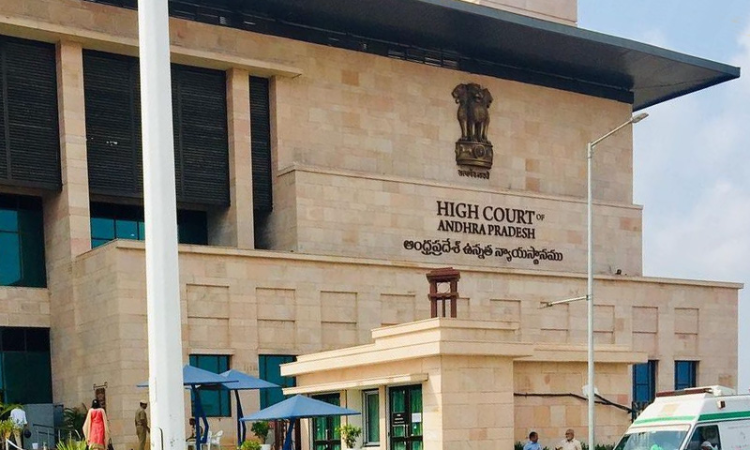Andhra Pradesh High Court Orders Merit-Based Selection Process For State's Director Of Prosecution
Fareedunnisa Huma
28 Feb 2024 9:20 AM IST

Next Story
28 Feb 2024 9:20 AM IST
The Andhra Pradesh High Court has recently delivered a judgment with significant implications on the appointment of the Director of Prosecution in the State. The Division Bench of Chief Justice Dhiraj Singh Thakur and Justice R. Raghunandan Rao passed the order in a plea filed by the Additional Director of Prosecutions, Andhra Pradesh contending that the appointment to the post of Director...
